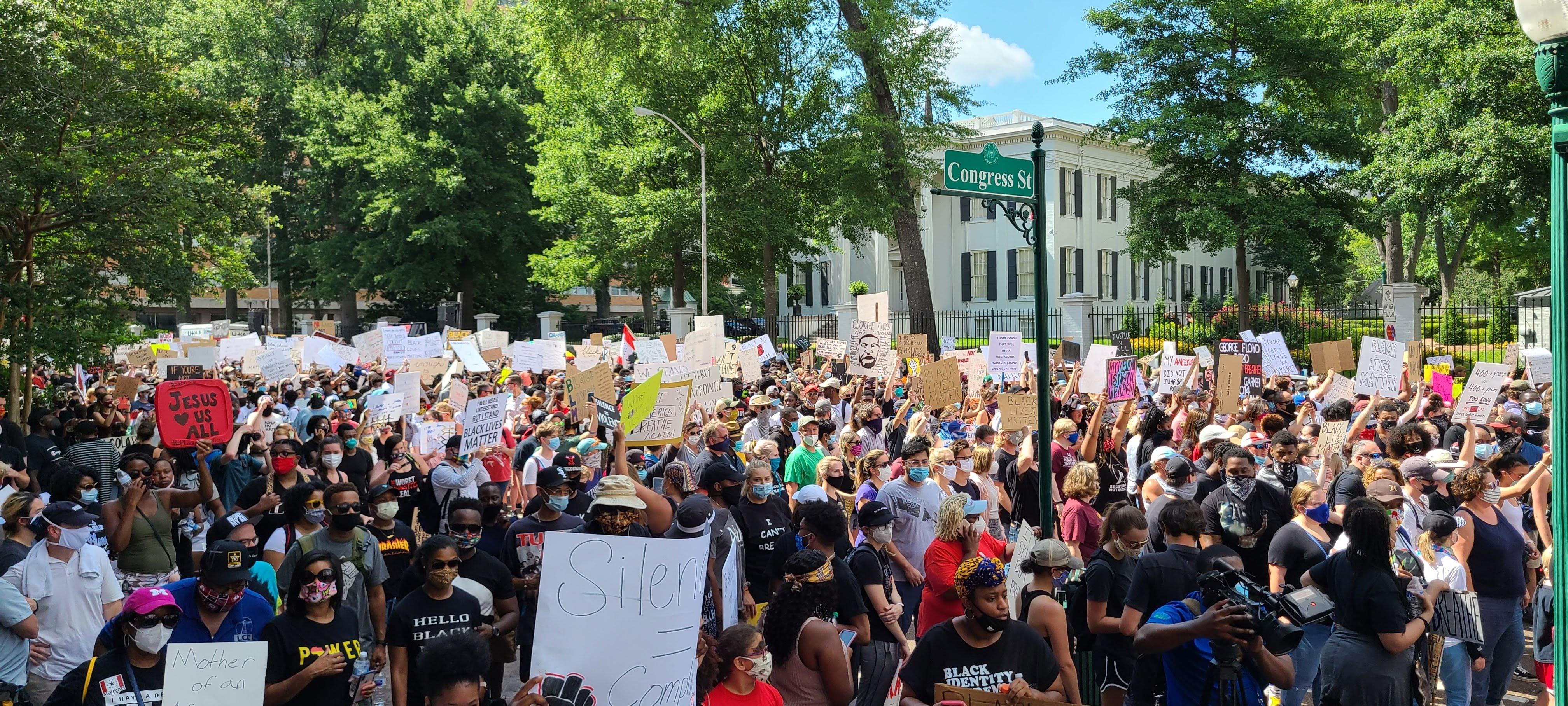Federal Judge Carlton Reeves is upholding qualified immunity for a Richland police officer who pulled over a black man and held him for two hours while searching his car. Reeves issued an opinion in his ruling that points out the flaws in the doctrine designed to protect law enforcement, calling on the U.S. Supreme Court to take up the case and redefine what qualified immunity means.
Byram Police Chief Luke Thompson is President of the Mississippi Association of Chiefs of Police. Thompson says he doesn't believe the doctrine is broken or in need of dramatic change right now. He says "There's always more than one way to solve a problem, right? So the qualified immunity is for that officer. Unfortunately, there have been bad ones that have come through the system and have been able to take advantage of that. But we see in any system there is always someone that takes advantage of something and finds some way to exploit the system."
Jarvis Dortch is Executive Director of the ACLU of Mississippi. He echoes the concerns of Judge Reeves, saying qualified immunity often translates to full immunity for police officers who have wronged citizens. He says if officers feel they are fully protected by the doctrine, they would likely be more willing to escalate a situation. "If you're in a situation where you have a bad police officer, and he knows that there's likely no chance of him being held civilly responsible for an act, and a prosecutor may not bring a criminal case against them, he's gonna take things to the max. So there has to be some type of recourse to hold those bad police officers in line."
Judge Reeves highlights in his opinion that historically, qualified immunity has protected officers who infringe upon the rights of Black Americans. Dortch says the doctrine can be changed, and Congress is working to redefine it and create a fair judicial process for all people.
Editor’s Note:
In our interview with the Byram Police Chief Luke Thompson, who is also president of the Mississippi Association of Chiefs of Police, he talked generally about qualified immunity and how it affects police officers. He was not referring to the officer who is the subject of the judge’s ruling.




